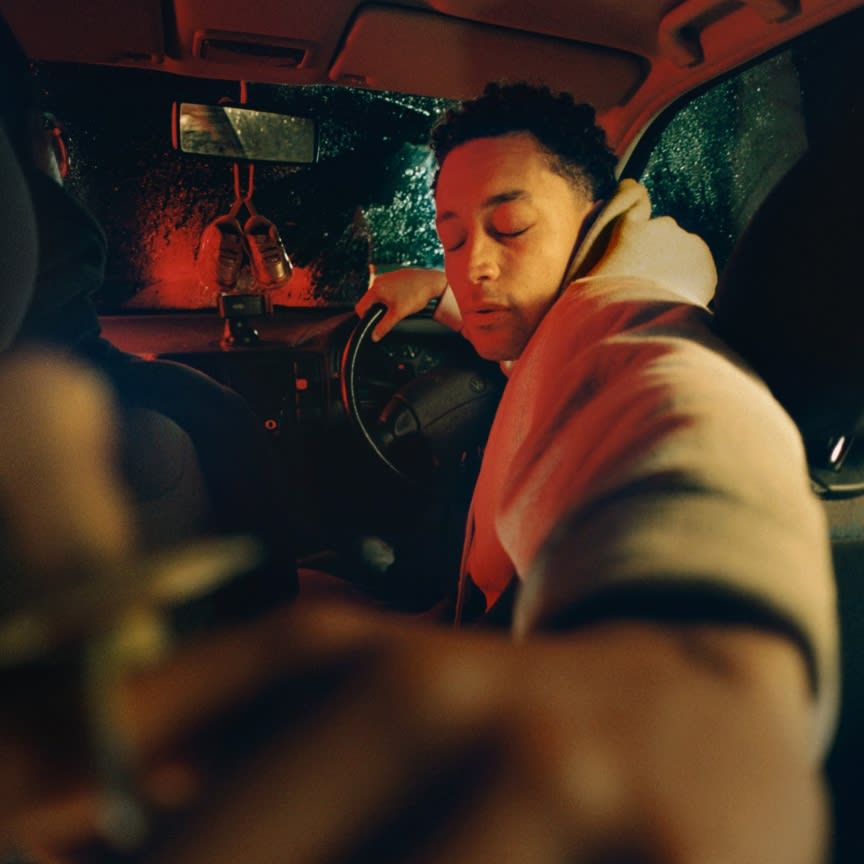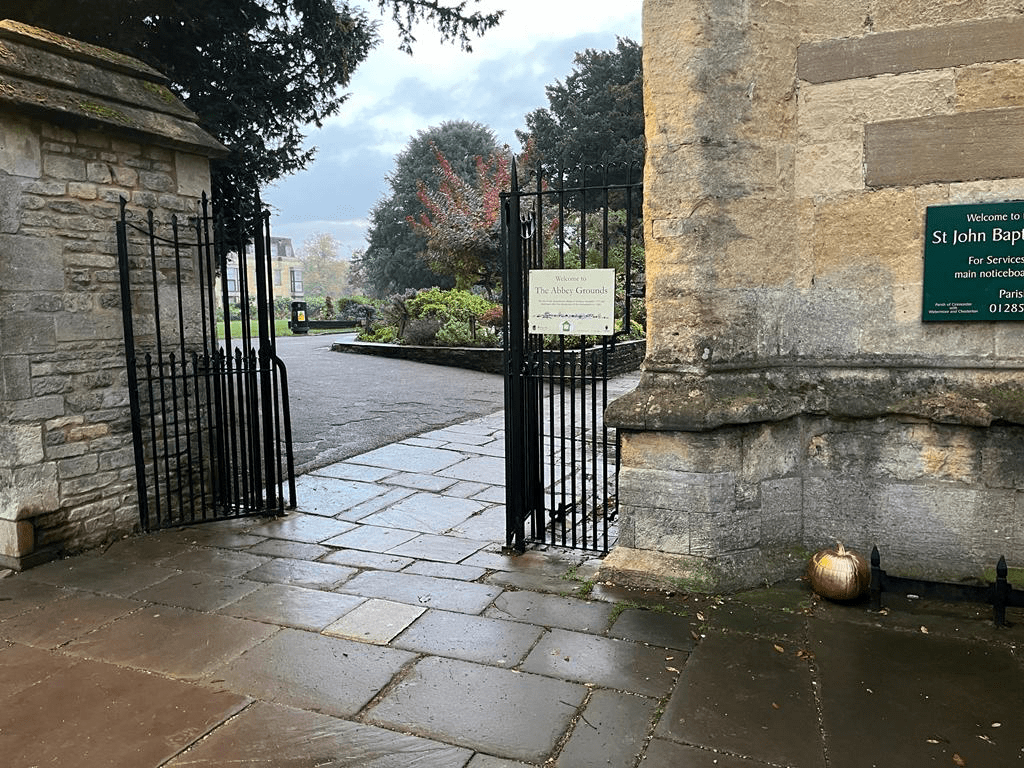Fatherhood characterises Loyle Carner’s coming of age.
Earnestness and sincerity have come to define Loyle Carner’s musical career so far and are some of the principal reasons why he is such a cult figure within the British Hip Hop scene.Carner feels to be the antithesis of the braggadocious nature that has characterised the genre, as he swaps such for anecdotes of his inner struggles with identity, relationships, and fatherhood. This makes for a true sense of intimacy on Carner’s albums as the listener is privy to his most dear, personal relationships with that of his mum Jean, his girlfriend, and his estranged father. There is a genuine openness and honesty to the words that Carner pens, a modern man who’s in tune with his emotions, that has made him so endearing to his audience and so refreshing within hip hop.
Carner’s third album is sonically and stylistically very much a continuation of what’s gone before, far from a complete reinvention but still an evolution. Hugo comes in at a streamlined ten tracks which goes against the norm for Carner, there is no room for whole tracks dedicated to spoken word poetry that can be found on his previous LPs. The interludes on Hugo come integrated within the tracks providing the album with a seamlessness and is evidence of a more polished production. The collaborations are few on Hugo and there are no thundering bangers like that of NO CD or You Don’t Know, as these are traded for more passionate, pensive tracks.
Hate kicks off the album with striking, frenetic percussion and a haunting backing vocal as Carner delivers each bar with self-assured confidence. The lyrics are gripping as Carner uses the chorus to address the systemic injustices and the career pigeonholing that comes with growing up as a mixed-race man in the UK, “They said it was all that you could be if you were black, Playing ball or maybe rap”. Each line is packed with emotion and pain as he goes from rapping about domestic abuse to his own gripes with his success, “I love the money in my bank, it's disgraceful, so many zeroes”. Ladis Road (Nobody Knows) is Carner at his signature best as it leads with a grand-sounding gospel sample that musically evokes one of his most well-known tracks, The Isle of Arran. Thematically, Carner grapples with his identity and struggles to find his place within society as he raps “I told the black man he didn’t understand/ I reached the white man, he wouldn’t take my hand”. Although by the end of the song there is a definite tone of acceptance and embracing of his biological father as Carner introspectively questions “So how can I hate my father/Without hating me?”.
Carner’s development as an artist can be seen in the integration of political themes within his songs. Blood on my Nikes begins with electronic whirrings and hard-hitting bass that reflects the weight of the subject matter as Carner weaves a blood-soaked portrait of the knife crime epidemic in London. An especially powerful speech sample ends the song, pointing an accusatory finger at the government. As we move on to the energetic jazz-fused hip hop of Plastic, Carner takes swipes at the disingenuous with their “plastic watch” and “plastic whip”, as the track breaks down into delirious funk and bass.
Carner concludes Hugo with the beautifully cathartic HGU as he reconnects with his biological father. The inflection of Carner’s voice as he repeats “I forgive you” is brimming with the years of hurt that he has experienced at his fathers of abandonment. Through his newfound fatherhood, it feels that this has enabled Carner to move past his own traumas and be able to forge a relationship with his own father. The song ends with what feels like an emotional breakthrough as we hear Carner and his father converse openly.
Through masterfully produced beats and poignant lyricism Carner has been able to dig deeper than ever before into his own character. He has created a stunning, soul-stirring album that serves to only enhance his already impressive back catalogue.
Hugo (via EMI) is out now – click here to listen.









